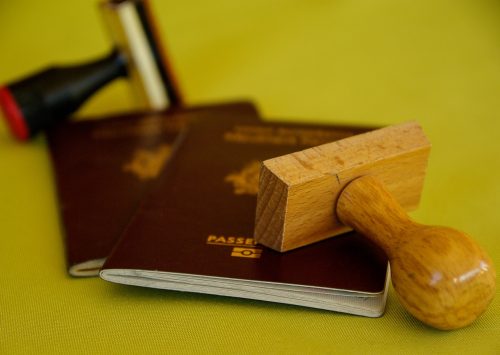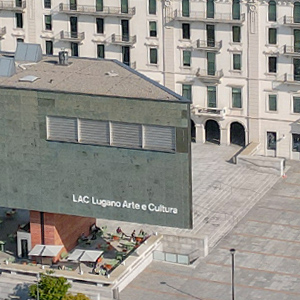

The new ‘impatriate’ regime provides for the detaxation for 50% of employment income, income assimilated to employment income, and self-employment income deriving from the exercise of arts and professions, produced in Italy by workers who transfer their tax residence to the territory of the State, within the annual limit of €600,000.
The new benefit will apply provided that:
a) The worker undertakes to reside in Italy for the tax period in which the transfer took place and for the following four;
b) The worker has not been tax resident in Italy for the three tax periods preceding his transfer (subject to the intra-group limitations mentioned below);
c) The work activity is performed for the major part of the tax period in Italy;
d) The worker is highly qualified or specialised as defined by Legislative Decree No. 108 of 28 June 2012 and Legislative Decree No. 206 of 9 November 2007.
The duration of the benefit is confirmed as five years, starting from the tax year of the transfer. If the tax residence in Italy is not maintained for at least four years, the worker will lose the benefits and those already enjoyed will be ‘recaptured’, with interest applied.
The main novelty of the final draft is related to the recognition of the new ‘impatriate’ benefit also to intra-group worker transfers, albeit under more restrictive conditions.
First of all, the new rules clarify that are considered to belong to the same group: (i) entities linked by a direct or indirect control relationship within the meaning of Article 2359, first paragraph, no. 1) of the italian Civil Code; (ii) entities subject to common direct or indirect control by a third party.
For intra-group workers, the decree provides for the extension of the application of the regime but with more stringent pre-transfer time requirements than the ordinary ones.
If the worker who transfers to Italy works in the territory of the State in favour of the same entity for which he was employed abroad before the transfer or in favour of an entity belonging to the same group as him, the minimum requirement of residence abroad (ordinarily three tax periods) is raised as follows
- six tax periods, if the employee has not previously been employed in Italy in favour of the same entity or of an entity belonging to the same group as the employee;
- seven taxable periods, if the employee, prior to his transfer abroad, has been employed in Italy in favour of the same entity or of an entity belonging to the same group.
The restriction thus envisaged for intra-group transfers appears evidently disincentivising the ‘return of brains’ to our country and will probably lead workers to prefer alternative incentive schemes to Italy. Such an approach would seem not to accept a primary role of the Italian company: if the employer discovers a talent hired at a foreign subsidiary of its Italian group, why hinder its employment at the Italian headquarters?
On the other hand, among the novelties of the draft to be welcomed, a 60% (instead of 50%) reduction of the tax base is envisaged, but still with an annual limit of EUR 600,000, in the following cases:
- the worker moves to Italy with a minor child;
- in the case of the birth of a child or the adoption of a minor child during the period of use of the scheme, starting from the tax period in progress at the time of the birth or adoption and for the residual period of use of the relief.
All this provided that the child is resident in the territory of the State.
The new regime is also particularly interesting with regard to the new rules on so-called reshoring, which, although subject to the authorisation of the EU Commission, in the same decree concerning impatriates, provides for a reduction of corporate income taxes (IRES and IRAP) of 50% for the transfer of economic activities (enterprise and self-employment in associated form) from Extra EU and non-EEA territories to Italy. It will be interesting to evaluate this incentive with the above-mentioned limits on intra-group repatriates, also looking at the ‘European competition’ that is quite advanced in the field of reshoring.








